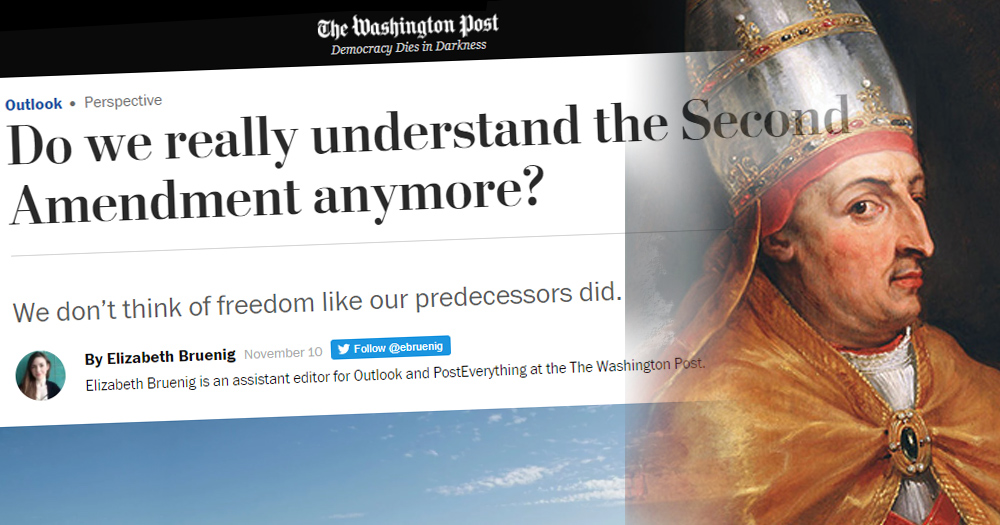Is it even humanly possible to be sleazier and more disgusting than the Harvey Weinsteins of Hollywood?
Sadly, and clearly . . . yes. There is the U.S. Congress.
In 2011, after 175 years in operation, the House page program — whereby young people came to work and learn in the capitol — was shut down. Why? For Weinsteinian reasons, because pages were being sexually propositioned and harassed.*
Now, once again, Congress leads the way . . . downward . . . not only into a culture rife with sexual coercion, but also into one with few options for victims and plenty of protections for victimizers. Members of Congress have given more effort to keep complaints quiet and protect misbehavior than to stop misbehaving.
And there’s more . . .
“Between 1997 and 2014,” the Washington Post reports, “the U.S. Treasury has paid $15.2 million in 235 awards and settlements for Capitol Hill workplace violations, according to the congressional Office of Compliance.” That’s shelling out nearly $1 million a year, though the information doesn’t detail how many complaints were for sexual misconduct.
It is despicable when individuals or companies pay hush money to silence accusers, hiding the criminal sexual behavior of powerful men. But, for goodness sake, at least we don’t have to pay for it!
Conversely, Congress’s sexual abuse slush fund comes from you and me, taxpayers.
Regarding the swirling allegations against Alabama GOP Senate candidate Roy Moore, Sen. Cory Gardner (R-Colo.) argued that Moore “does not meet the ethical and moral requirements of the United States Senate.”
Well, then, he will fit right in.
This is Common Sense. I’m Paul Jacob.
* The program ended several years after the Mark Foley scandal — and there were others. The official rationale? A tight budget (stop laughing) and technology, which purportedly made the work pages were doing unnecessary. But note that the Senate continues its use of pages.











